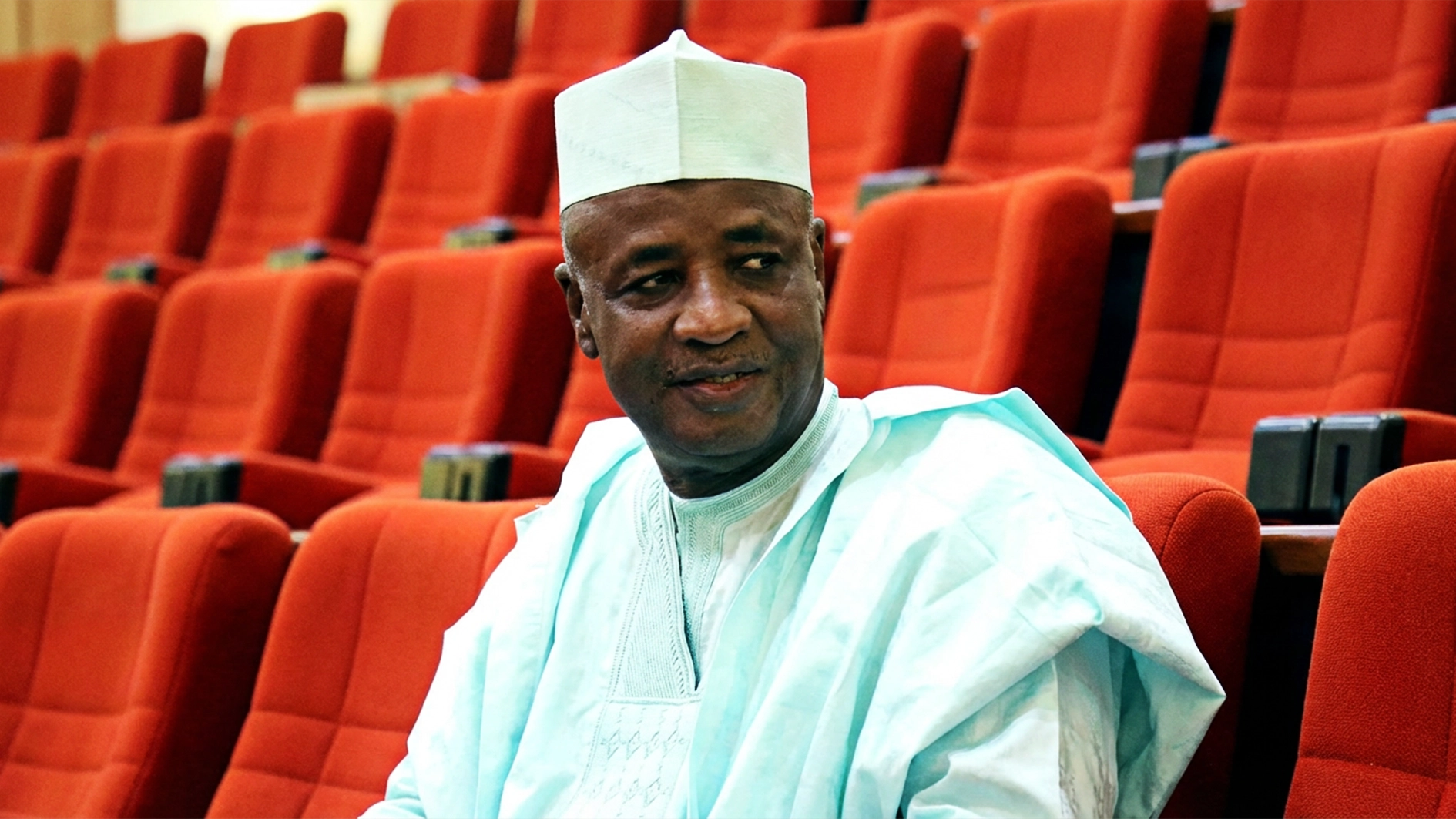
President Bola Tinubu’s promise to usher in a brighter future for the country and its citizens hangs in the balance due to a debt situation that cannot be ignored. Years of excessive borrowing and inadequate investment in revenue generation have left the country in a complex fiscal state. This dire situation has not only hindered Nigeria’s growth but has also exacerbated poverty levels. With approximately six out of every 10 Nigerians experiencing multidimensional poverty, addressing the pressing issue of the country’s debt has become a critical priority for sustainable growth and development.
Nigeria’s public debt stock has skyrocketed, tripling between 2014 and 2021, primarily driven by external debt.
This alarming trend resulted in an overwhelming debt service burden, which consumed a staggering 91% of government revenues in 2021, compared to a mere 29% in 2014. The Debt Management Office announced a N2.34tn debt servicing cost for the first half of 2023. Such disproportionate allocations to debt servicing have severely constrained investments in vital sectors like agriculture, health, and education. Shockingly, FG allocated a meagre 2.6% of its expenditure to agriculture, 4.9% to health, and 6.2% to education in 2021, while dedicating an overwhelming 38.1% to servicing debts. This imbalance has only worsened the country’s fiscal deficit, which increased sevenfold from N881 billion in 2014 to a staggering N6.44 trillion in 2021. Nigeria’s total public debt stock stands at N87.38tn at the end of June 2023.
In light of Nigeria’s debt crisis, adopting a well-crafted roadmap that ensures sustainable debt management, fosters economic growth, and propels overall development is imperative. ONE Campaign’s “Fiscal Reform in Nigeria: Navigating Nigeria’s Debt Burden Whilst Protecting Social Spending” report outlines the implications of these challenges and offers pragmatic solutions to tackle them.
Tackling Nigeria’s domestic and international debt challenges effectively requires clear and knowledgeable leadership to coordinate fiscal and monetary policy in a coherent and innovative way. Two crucial avenues for sustainable debt management stand out: increasing debt transparency and embracing innovative strategies for debt refinancing.
Transparency lies at the heart of responsible debt management. It is imperative to prioritise transparency, especially regarding collateralised debt, domestic subnational debt, and State-Owned Enterprise (SOE) debt. By shedding light on the terms and conditions of debt agreements, Nigeria can foster trust, informed decision-making, and effective monitoring. Transparency mitigates the risks associated with sharp practices and ensures accountability and prudent debt management, safeguarding the nation’s economic stability and future growth.
Nigeria must take the lead in exploring innovative approaches to refinance and reduce its debt burden. This entails seizing opportunities for debt restructuring through mechanisms such as disaster clauses, debt swaps, and other forward-thinking initiatives. Incorporating disaster clauses into debt contracts empowers the country to respond swiftly to unforeseen crises or natural disasters, providing temporary relief and protecting the most vulnerable segments of society. Furthermore, debt swaps, such as debt-for-nature or debt-for-development initiatives, unlock resources for priority sectors while addressing environmental and social challenges.
By increasing debt transparency and embracing innovative refinancing measures, Nigeria can showcase its commitment to responsible debt management and economic resilience – effective oversight mechanisms, robust auditing systems, and stringent anti-corruption measures.
Transparent practices inspire trust among creditors and investors, bolstering the country’s financial reputation and attracting favourable terms for future borrowing. Furthermore, innovative refinancing strategies demonstrate Nigeria’s adaptability and readiness to navigate economic challenges, positioning it as a proactive player in the global financial landscape.
Nigeria faces imminent refinancing challenges, with $4 billion in external debt service due in 2025, up from $3 billion in 2023 and $2.5 billion in 2024. These escalating obligations underscore the need for proactive measures to address refinancing challenges and ensure debt sustainability. President Bola Tinubu and the Minister of Finance and Coordinating Minister of the Economy, Mr. Wale Edun, must actively advocate for the fair pricing of African debt on the international stage.
Supporting initiatives like the African Union’s African Peer Review Mechanism and the United Nations Economic Commission for Africa (UNECA) network of regulators is essential to implementing regulations for Credit Rating Agencies operating in Africa. This advocacy will promote fair treatment and an accurate assessment of African debt, ensuring the sustainability and stability of the continent’s economies.
Addressing Nigeria’s domestic and international debt situation is a pressing and complex task that requires bold action and comprehensive reform. By adopting a well-crafted roadmap for sustainable debt management, prioritising domestic investment, building a resilient social safety net, and harnessing transparency, Nigeria can overcome its debt crisis and embark on a path of inclusive and sustainable development. It is incumbent upon President Tinubu prioritise these reforms and work collaboratively to address the root of the problem.
Stanley Achonu is the Nigeria Country Director at the ONE Campaign and writes from Abuja






